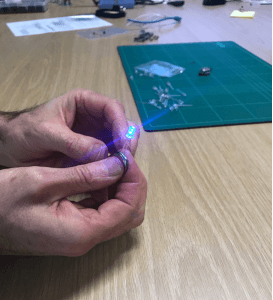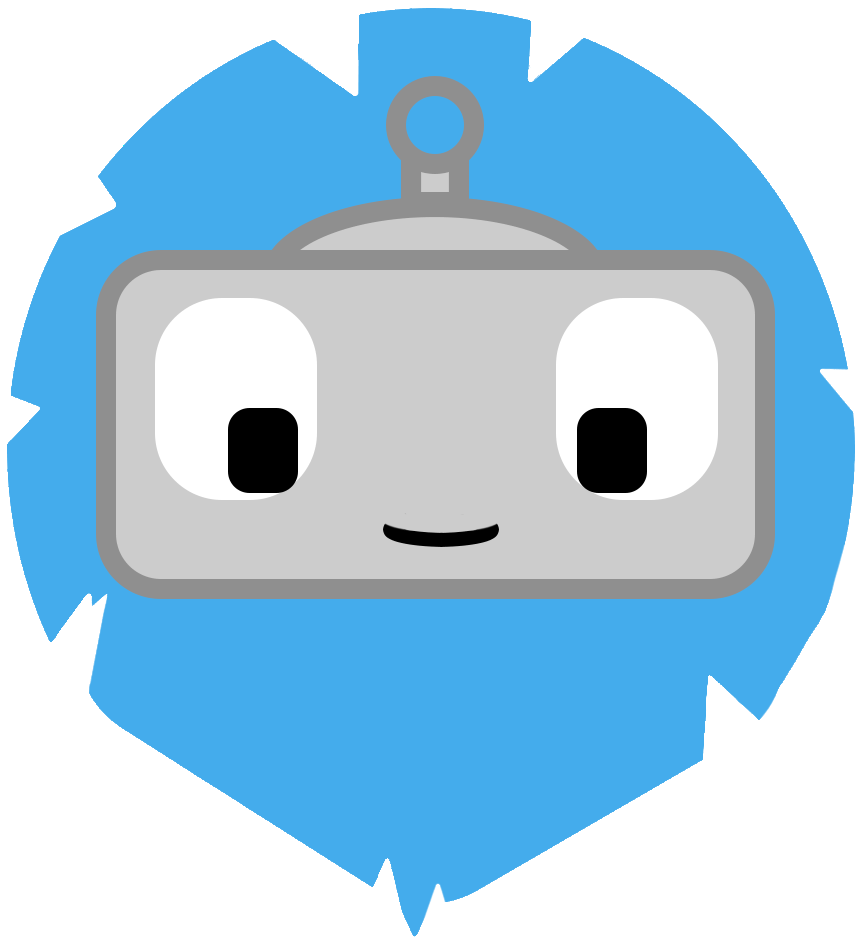
Before Peter Duldig left to work at Medic Alert, we were able to interview him briefly about his time at Wildy.
Below is a transcript of the interview:
How long have you been at Wildy?
I’ve been here for 12 months and I’ve been in education for only 2 years. I was at Glenunga High before coming to Wilderness.
Why did you choose to work at an all-girls school? i.e Wilderness?
My daughter, Lucy, went to Seymour. So there were family connections here as well. My sister went here at Wildy in the 1970’s and my two nieces, who were borders, graduated at Wildy as well. So that’s a bit of family history coming here. And I like the environment essentially.
What does your job entail?
My job involves implementing new software packages for the school like the SRC voting system. There are some systems that you see as a student and there are other systems behind the scenes. Currently, I’m working on the main business system for the whole school. On how the school runs, all the finance and everything like that. Replacing, selecting a new system to run the whole school as a business, so it’s like a bigger project. I write a lot of software and data extracts for different areas around the school sports and those sorts of things. I also do a bit of coding, a bit of data analytics, as well as project management.
What is your most enjoyable memory at Wildy?
I would have to say the souldering day. I was asked to teach the DT committee on how to repair some electronics and equipment, as a part of learning some hands-on skills in the electronics industry. We did that and repaired the scoreboard in the gym, as one of the projects. I found that very rewarding and it was great fun. It is something that I will remember in the future.
What are you looking forward to in the future?
I’m leaving Wildy and starting a new role, next week actually, at a place called Medic Alert. They provide a call centre for people who have, I guess, medical things like allergies. You can essentially register with their service and then if you- if that person has an accident or responded to by emergency services. Hospitals can look up those records for the patient and know exactly what the important information is about them.
My role is a digital program manager. I’m running a three-year program of work there and some of it’s to do with wearable technologies. The current thing they use in Medic Alert is bracelets and jewellery with ID’s on them. We are going to move that into digital space where it will be barcodes and then chip-enabled information on those devices. So that emergency services can read straight from that device. They’ll scan it and they can get more information to be able to respond properly to those emergencies situations for caring for those patients.
And then also the other side of that is hooking to hospitals and clinical systems, and sharing information back and forth on their database. So that the records can be kept up to date and shared between medical service providers. It’s sort of a pretty exciting project in that you know it’s in every product design and development as well as systems technologies.
Yeah so, I’m sad to leave Wildy as it’s been really good.
Whats the hardest job/part that you’ve done at Wildy?
Probably getting to know some of the systems like SEQTA. You [the students] use the front bit of SEQTA so behind SEQTA is all the data structures and so for me to be able to do things like write reports and write code that talks to SEQTA I have to understand how SEQTA is built and what’s behind the system. You know there are thousands of databases in there. They all do different things and there’s different logic all over the place behind that application. The trickiest thing is probably to learn those things as quickly as possible so then I can be effective in my job and provide information to people.
Who’s your favourite member of the hive?
Favourite member of the Hive? They’ve each got different sort of little personalities you know so that’s – gee that’s a tough question. I’ve got to say Corey because I sit next to him, so he’s my mate. We go mountain biking and stuff like that together on the weekends.
What’s your favourite memory at the Hive?
It’s probably the jokes and chats and stuff we have, we talk a lot while we’re working. Sometimes we need to stop talking when students come in, and then when they go out we start again. It’s probably more like the social layer on top of the workplace environment.
Thanks to Peter and all the help he has given the DT Committee.
We wish him all the best and will keep in touch through the DT Committee’s blog.


———–\▔\
————)….)
———–/…./▂▂▂
▂▂╱┈ ▕▂▂▂▏
▉┈-┈┈ ▕▂▂▂▏
▉┈-┈┈▕▂▂▂▏
▔▔╲▂▕▂▂▏